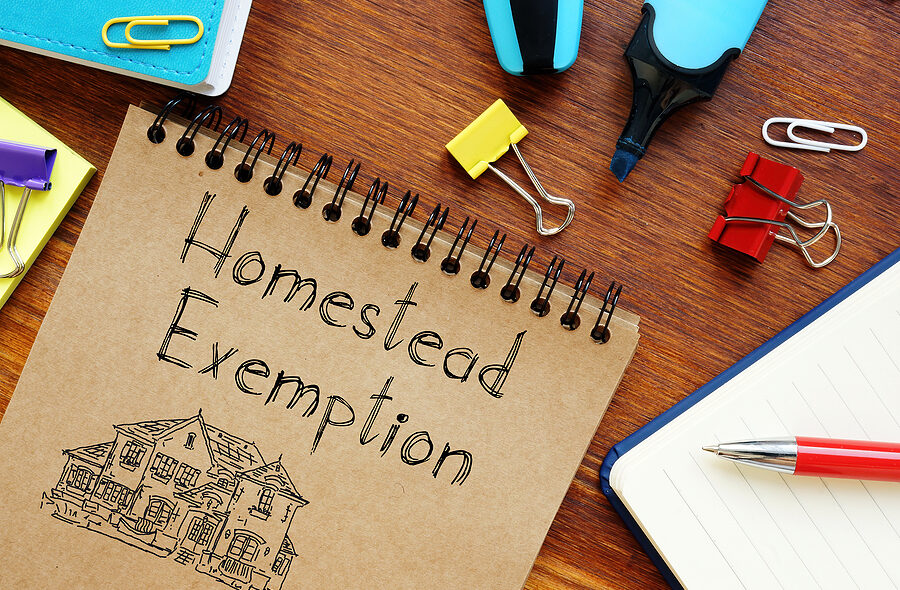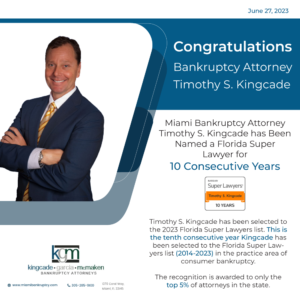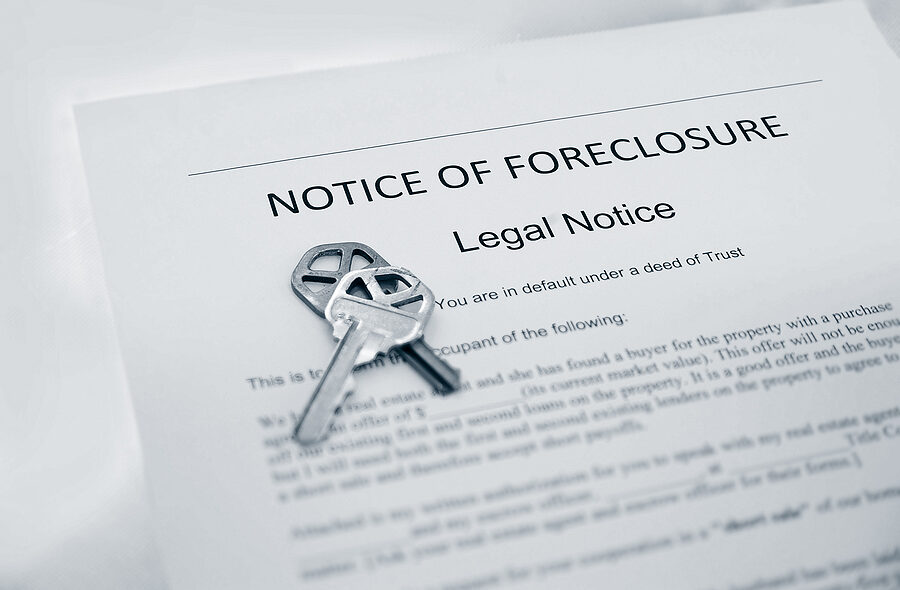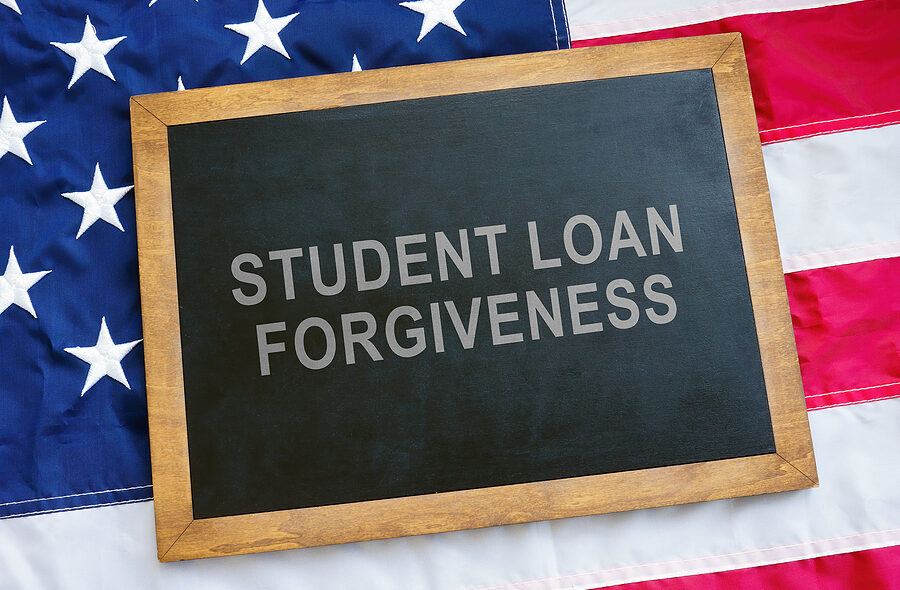Local courts are seeing a 10 percent increase in bankruptcy filings, according to a recent United States Courts report.
According to the report issued on July 31, the number of personal and business bankruptcy filings increased by this percentage in the 12-month period ending on June 30, 2023. The Administrative Office of the U.S. Courts reported that a total of 418,724 bankruptcy filings were made in the year ending June 2023, as compared to the 380,634 filed in the year ending June 2022.










